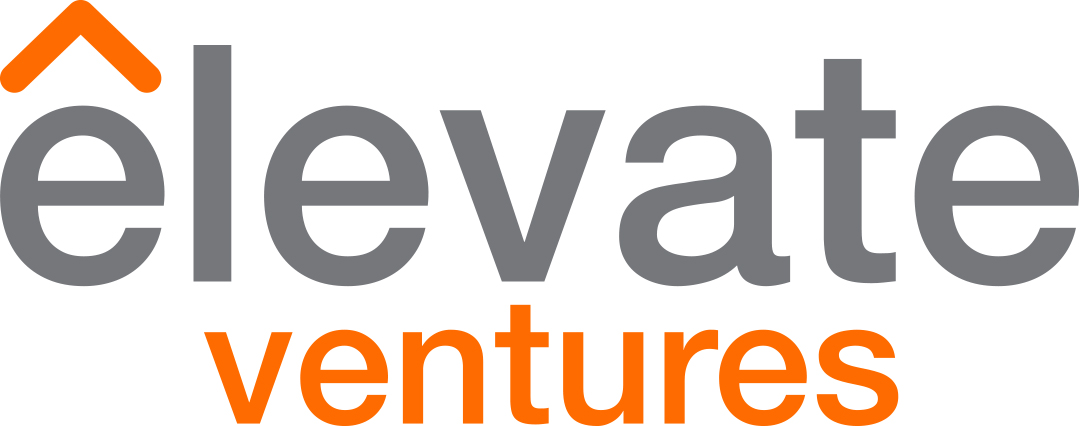June 29, 2018
Inscope Medical Solutions is poised to change how clinicians around the world intubate patients. For the rest of 2018, Inscope CEO Maggie Galloway and her Jeffersonville, Ind., team are heads down — finalizing R&D, setting up manufacturing, fulfilling FDA requirements for medical devices — working towards getting the Inscope Video product to market in 2019. At the same time, Galloway is also contributing to her region as a board member of 1804, the organization serving as steward of Elevate’s partnership in Southern Indiana.
Their path has been methodical: validating ideas, listening to advisors and seeking funding when needed. Bridging the gap between Inscope’s frequent competition winnings and traditional institutional investors, Elevate Ventures invested in the company in 2016 and 2017 through the Indiana Angel Network Fund, which is a state-supported program to help Indiana-based companies attract seed and early-stage investment. A May 2018 $100,000 win during Steve Case’s Rise of the Rest pitch competition in Louisville is just the latest boost to keep Inscope moving forward from the aggravating firsthand experience that set the company in motion.
Back in 2014, Dr. Mary Nan Mallory, alongside Dr. Thomas Cunningham, was working a night shift at the University of Louisville hospital emergency room when a car accident victim arrived. The person needed to be intubated fast, but fluid blocked his airway. It’s not an uncommon circumstance for trauma patients, but this kind of fluid has to be removed before any patient can be intubated. As the doctors juggled three different tools — a laryngoscope to obtain a clear view, a suction device to remove fluid, and the endotracheal tube — Drs. Mallory and Cunningham began to see the need for a better, more streamlined solution.
At the time, Dr. Mallory was working and going to school to get her MBA, like two of her graduate school classmates at the University of Louisville’s College of Business, Maggie Galloway and Adam Casson. Mallory shared her ER experience with them, and they got to work, carving out time on nights and weekends to develop the idea of a laryngoscope with integrated, controllable suction.
“We spent the first year determining whether this was really a problem for doctors, so we talked to as many clinicians as possible,” Galloway says. The team talked to more than 400 clinicians and determined that Mallory’s frustrating experience is a sincere problem for many paramedics and emergency physicians. Developing a product to bring to market would take money, so they went after startup competitions and grants to secure non-dilutive funding.
“We had over $100,000 in the bank, a little gas in the tank, so we had the courage to jump in,” Galloway says. They quit their full-time jobs, launched Inscope Medical Solutions in 2014 and took initial steps like getting involved in the Maker13 makerspace in Jeffersonville when they needed prototyping help. Since then, two major things have shaped the growth of the company.
First, in 2016 Inscope was invited to the prestigious Techstars Healthcare Accelerator. In partnership with Cedars-Sinai in Los Angeles, the program awarded Inscope capital investment, mentorship and clinical resources. Galloway and Casson, Inscope’s COO, spent three months on the West Coast, where they were able to accelerate growth and development.
Second, they heeded the market. In the fall of 2017, after carefully studying what the laryngoscopy market was doing and where it was moving, they realized there was an even bigger opportunity to change the way the newer, expensive video laryngoscope technology is available to all clinicians today, not just emergency care providers.
“We made a major product strategy pivot to make video laryngoscopy nearly the same price per use as traditional direct laryngoscopy,” Galloway says. The decision brought with it a longer development path and technical hurdles, but the pivot is paying off, she says. “With the Inscope Video, we are set to disrupt the industry and access to care.”
Considering the high cost of bringing a medical device like Inscope Video to market, Elevate’s role supporting Indiana companies like Inscope has been key.
“Elevate Ventures has changed the game for Inscope. We wouldn’t be able to continue to move at the speed we’ve been able to move without them. Where we are located geographically, there are few funds that are willing to step up to support early-stage companies,” Galloway says. While companies in the early stages of development can struggle to bootstrap and continuously scrounge a few thousand dollars from angel investors, when you’re going after a medical device, larger investments are needed to take a product to market and shake up the industry.
Strong networks and expert advice also make a difference. Elevate Advisor and Inscope board member David Broecker worked closely with Galloway’s team to shape company strategy and make introductions. He knows the territory. Broecker has founded five companies and was the founding president and CEO of the Indiana Biosciences Research Institute, a former CEO at a publicly traded biotechnology company, and has led teams in a wide range of organizations.
Galloway says another hurdle they’ve been able to overcome again and again is the need for very specific, in-depth expertise on the engineering side to develop the product. The strong network they have worked to develop in Southern Indiana, Louisville, Indianapolis and through the Techstars program enables Inscope to access a pool of technical experts when needed.
The power of that connectivity can happen around the world or in your own backyard. Galloway says she’s really excited about the opening of The Root, a new coworking space in New Albany, Ind., just a stone’s throw from Jeffersonville. Southern Indiana’s next big business idea might be right there.


